Is Cinque Terre Worth Visiting? An Honest Review with Tips on Beaches, Hikes, and Dining

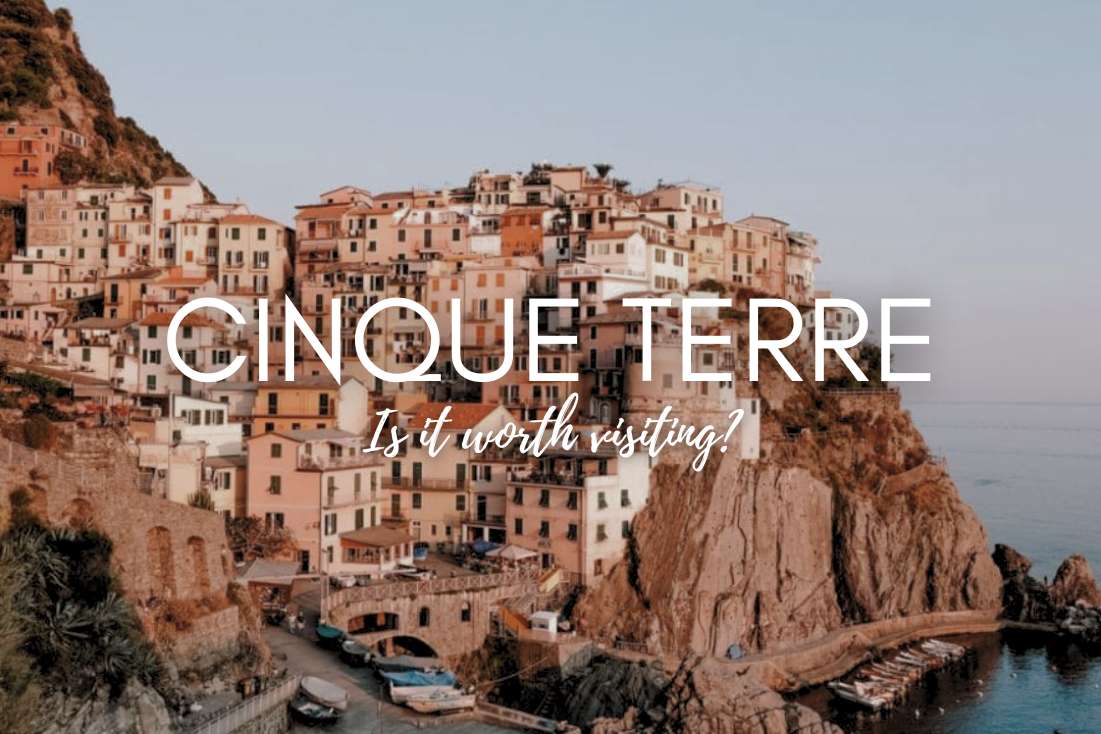
I’ve visited Cinque Terre a few times over the past few years, and while it’s undeniably photogenic, not everything about it is worth the postcard praise.
You know how they say, “opinions are like bellybuttons—everyone’s got one”? Well, here’s mine. If you’re new here, I’m Jan. A big fan of traveling (surprise!) and adventure. And by adventure, I mean exploring new cultures, trekking through jungles, or soaking up breathtaking views.
I don’t compromise on comfort, and I’m totally fine with paying a bit more for it, as long as the value for money is on point.
I’ve been to Cinque Terre a number of times—from my first visit in 2020 to the most recent one in 2025. The first time, I was genuinely excited. All the hype about this Italian coastal “gem” had me expecting something unforgettable. Spoiler: it kind of let me down.
The second time around, I came armed with a better plan—and lower expectations. That made a difference. I knew what to focus on (nature! views!) and what to try not to be bothered about (logistics, crowds, and mediocre services).
That’s also why I’m writing this travel guide: to spare you the same disappointment and help you figure out if Cinque Terre is actually worth visiting. It’s your precious time and money, after all.
To start, here are my ratings (who doesn't love numbers, right?):
- Value for money: 5/10 (it is sort of expensive)
- Nature and beaches: 10/10
- Food and Restaurants: 8/10
- Infrastructure and parking: 2/10 (there is a train though)
- Services and hotels: 6/10
- History and villages: 9/10
- Overall: 70%
Read my full Cinque Terre itinerary to learn more.
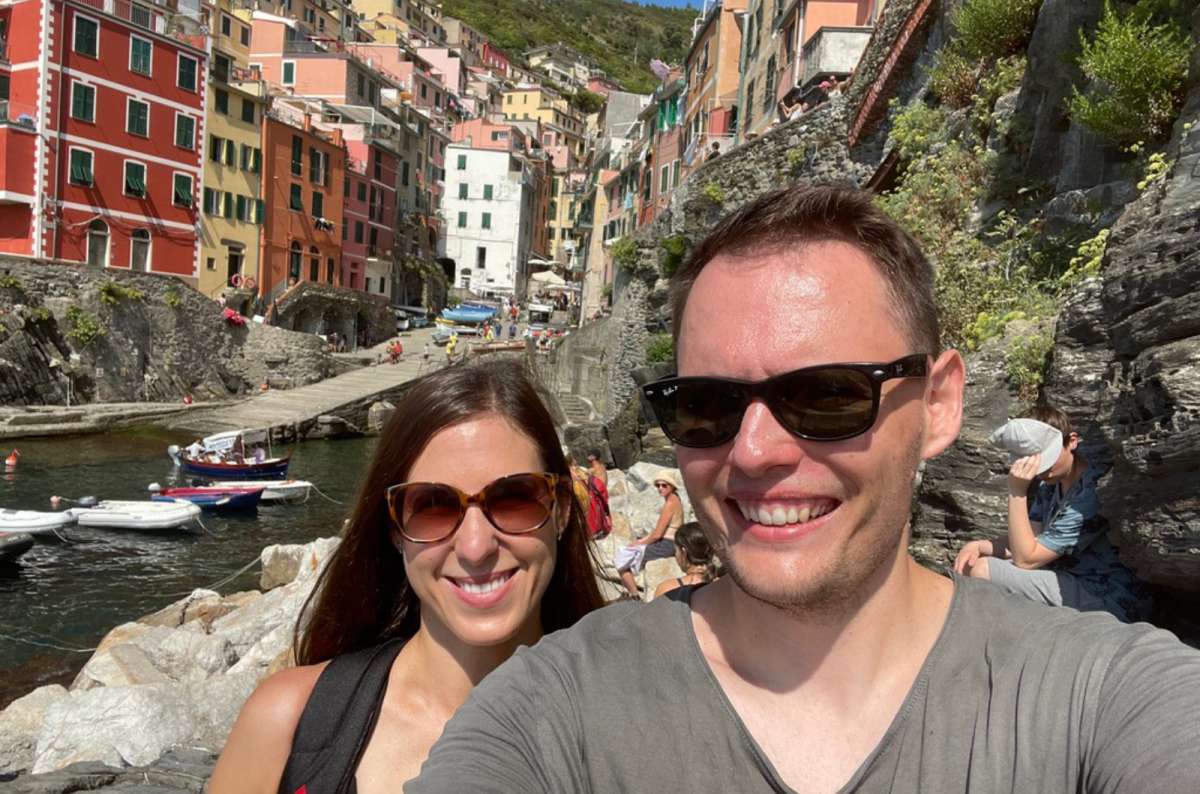
Village of Riomaggiore
Who will actually enjoy Cinque Terre?
When I was visiting for the first time, I thought I was going to see beaches and beautiful, colorful villages on the cliffside above the sea, with perfect services and really good infrastructure. Well, I was very mistaken. Just to help you optimize your expectations, you should visit Cinque Terre if:
- You love nature and hiking—especially when combined with the sea and cliffs
- You don’t mind swimming at rocky beaches or jumping from cliffs
- You don’t mind bad parking and long drives or train rides
- You like taking pretty pictures
- You’re not bothered by locals who’ve clearly had enough of tourists
- You don’t mind choosing the right time to visit—I strongly suggest the shoulder season: April–June or September–October
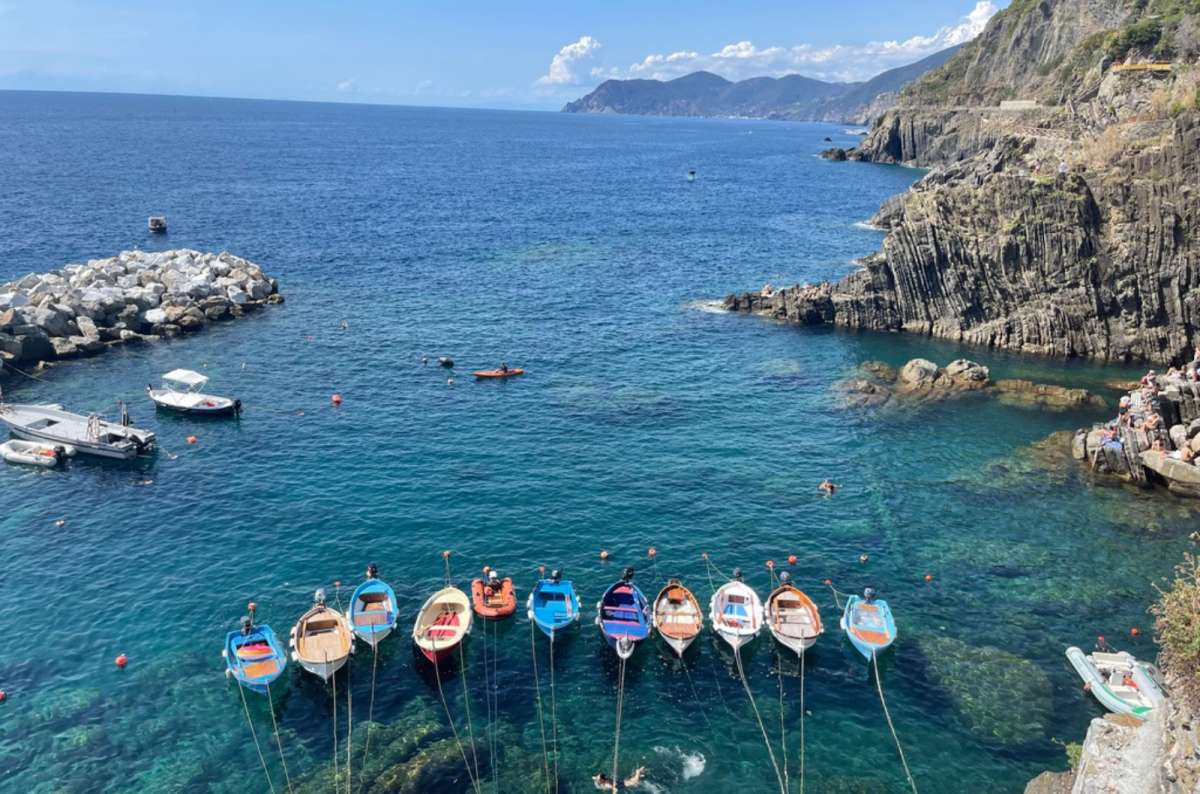
Thinking about becoming a fisherman here...
Who should probably skip Cinque Terre?
- If you’re expecting beaches
- If you have less than a day to explore
- If you are expecting perfect service and hotels
- If you are expecting easy travel from one place to another
- If you don’t have serious money for the visit
Value for money in Cinque Terre
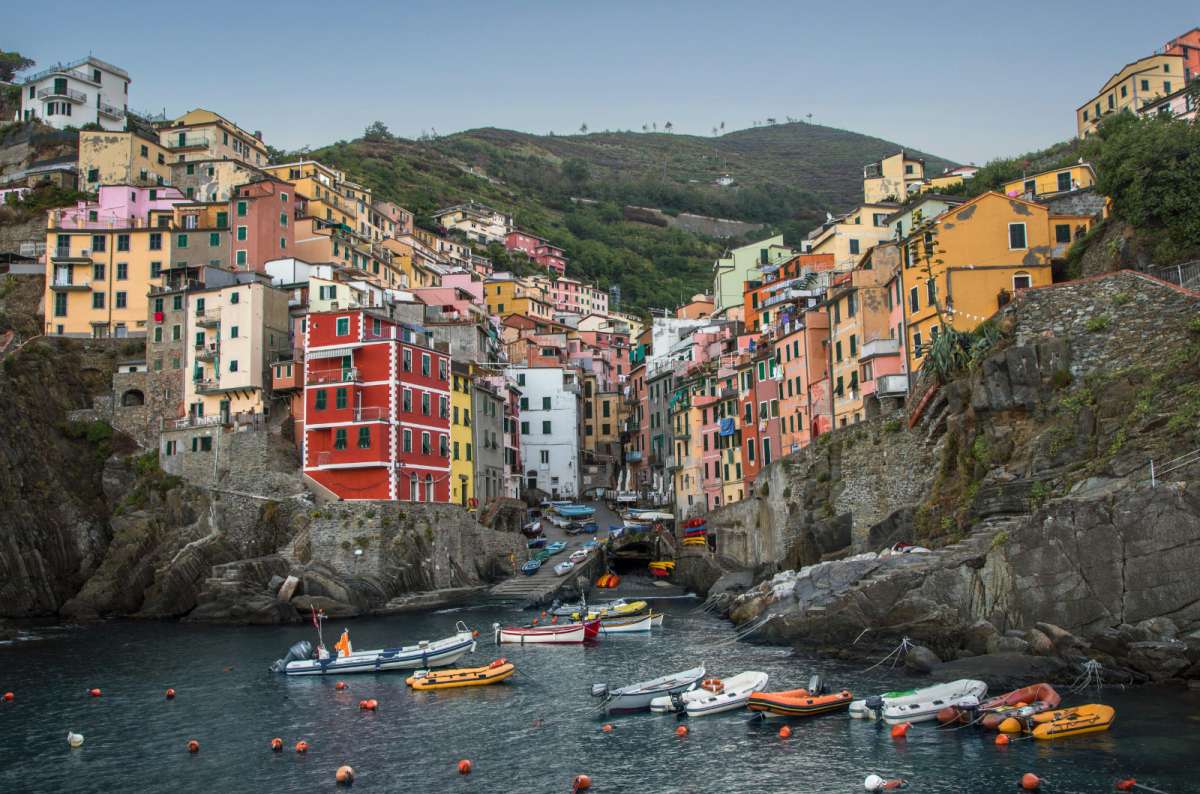
Riomaggiore never misses
Cinque Terre National Park is also part of a UNESCO World Heritage Site, which means that locals often use this status to inflate prices as much as tourists will tolerate. And the prices are very high for what you get. I think, for example, northwestern Italy—such as the Aosta Valley—offers much better value for the combination of nature and services.
Generally, keep in mind that most restaurants and hotels in Italy deliver really good value. In Cinque Terre, however, you’ll get slightly lower quality of service for significantly more money. That said, the local buffets and small restaurants are mostly okay.
Value for money: 5/10
Find an awesome hotel Sometimes, all you need to do is take the first step... I've filtered out the best hotels in Vernazza for you
Save it for yourself to come back to later, or share with your friends on social media!
I've already planned your ititnerary for the trip, complete with my travel tips.
Nature in Cinque Terre
Nature is the real highlight of any trip to Cinque Terre—mine included. It’s not your typical beach vacation, but those jagged cliffs, the stacked pastel villages, the beautiful hiking trails, and all the sea-jump spots? Way beyond what I expected.
And don’t even get me started on how insane it looks from the water—whether you’re on a boat tour or just floating offshore, that view hits different.
Some of my nature recommendations in Cinque Terre
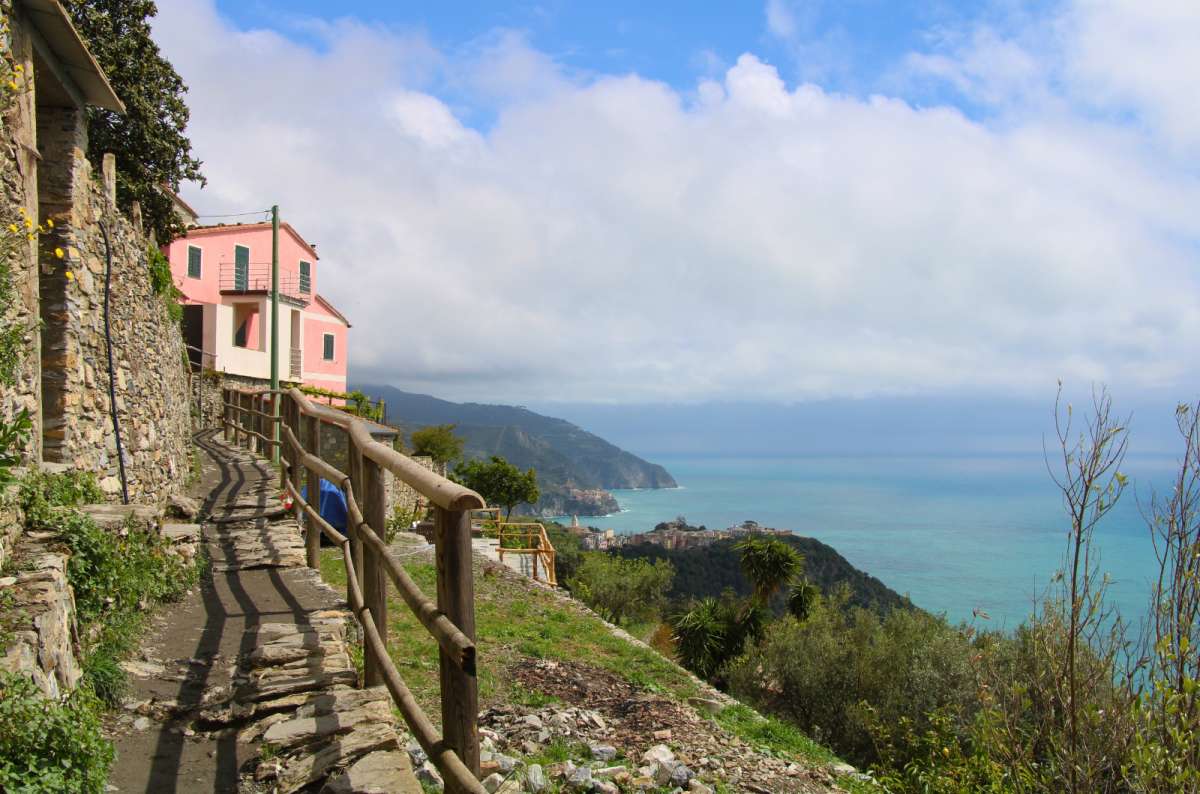
Exploring the nature in Cinque Terre is what makes a visit truly special
If you're here for nature, these are the spots that make the trip worth it:
Hikes in Cinque Terre
- Blue Trail Hike (Sentiero Azzuro)
- Via Beccara Hike
- Castello Dorio
Best beaches in Cinque Terre
- Monterroso Old Town Beach
- Central Corniglia Beach
- Guvano Beach
- Manarola Beach
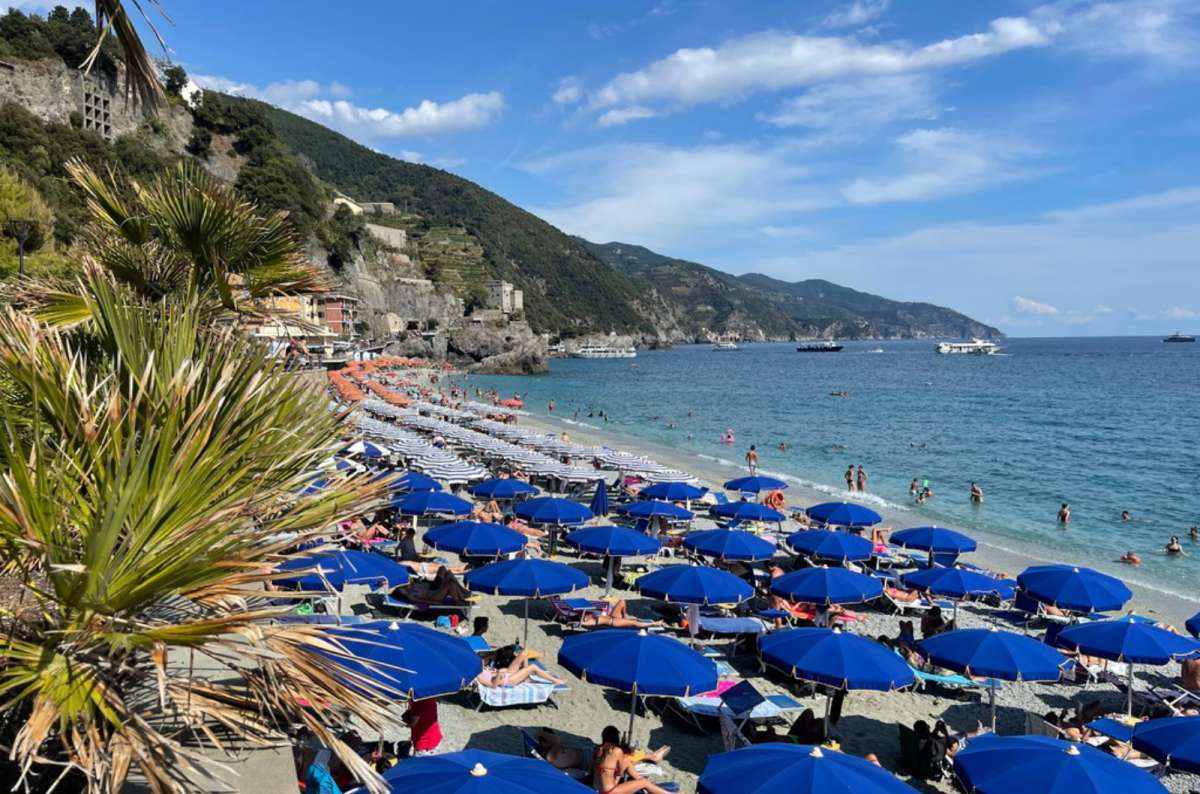
At Monterosso Old Town Beach, Cinque Terre
Nature is hands down the main reason—and honestly, the only reason—I’d come back to Cinque Terre. For that alone, it gets a solid 10/10.

What to expect from food and restaurants in Cinque Terre?
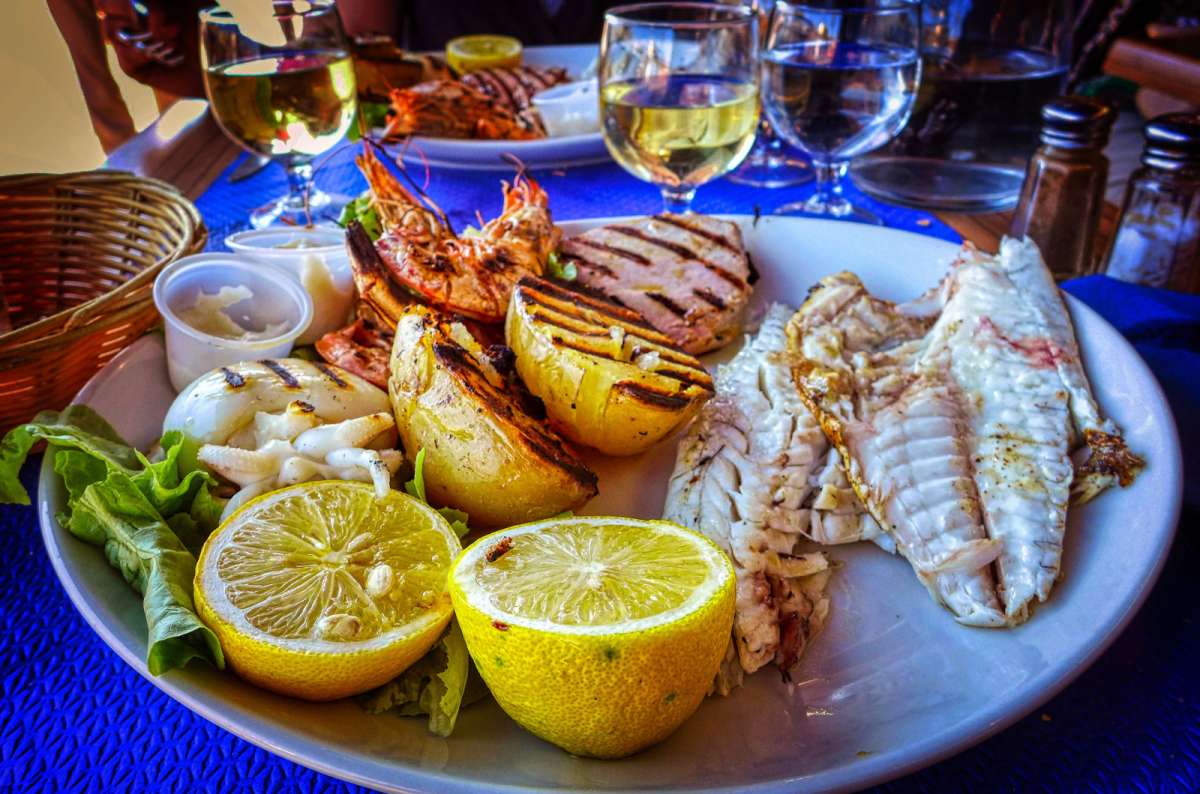
A plate of Tutti di Mare is always a good choice
For me, Italy is the undisputed number one when it comes to international cuisine—well ahead of Spain.
Cinque Terre is no exception. The food is solid, the restaurants are decent, and the service is… meh. Locals don’t have to try too hard, so sometimes they don’t try at all.
You won’t be majorly disappointed anywhere, but I still recommend checking reviews—there are plenty of tourist traps lurking around.
Stick to small local restaurants and buffets, especially in the villages higher up from the sea. The further inland you go, the better the food tends to get.
Try some local delicacies:
- Anchovies
- Olives (they are everywhere)
- Seafood and octopus (this is by far the best tip)
- Trenette pasta
- Local wines (The Cinque Terre DOC)
Food and restaurants for me are 8/10. You are still in Italy, and Italian food is great overall.
Infrastructure and parking
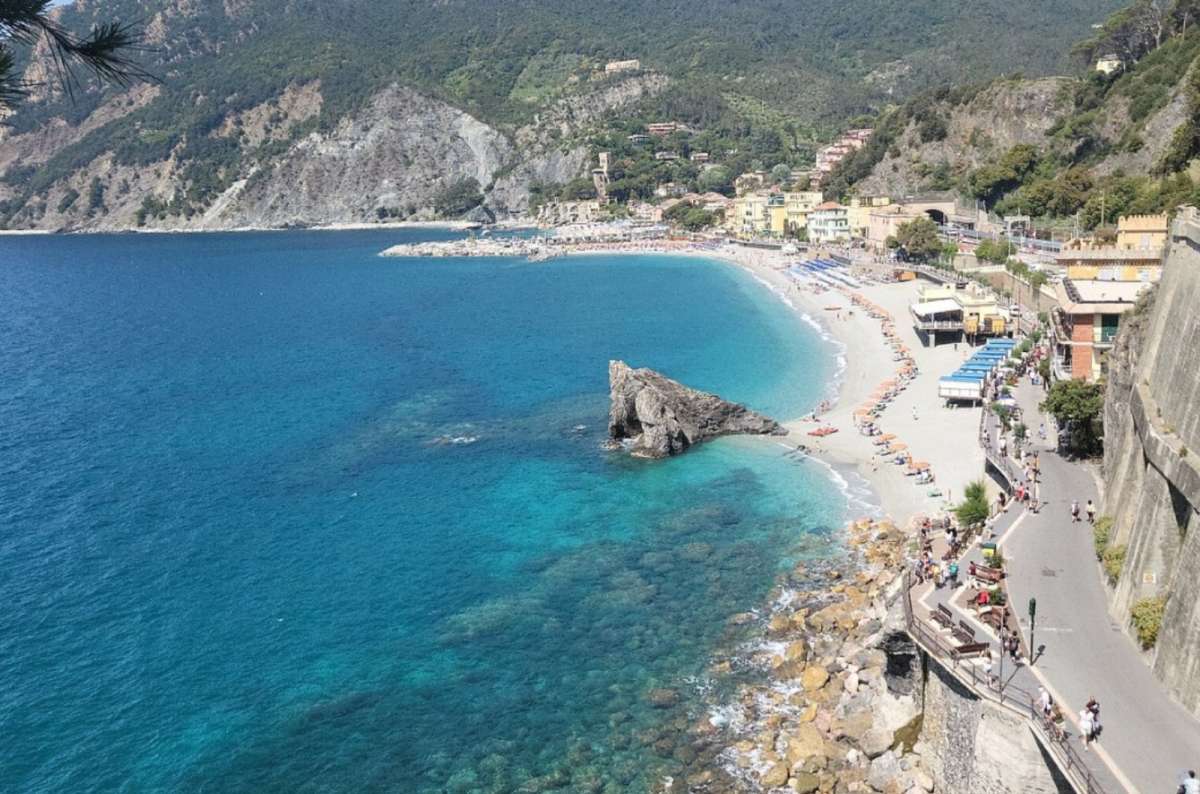
Driving along these narrow roads is hard enough, but parking? I get the heebie-jeebies just thinking about it
Long story short: driving and parking are the biggest obstacles to visiting Cinque Terre. I know some of you will argue that you can just hike between the villages—or take the train. And you’re right.
But sometimes, you actually need to take a shower before dinner, and in that case, hiking isn’t exactly convenient. And the train schedule doesn’t always work out, either. In the end, you’ll probably end up needing a car.
Driving and parking are a real pain here. Parking is basically nonexistent—I mean that literally. You’ll be forced to park along narrow, serpentine mountain roads. And in summer, the traffic jams in the villages are so bad, it completely ruined the experience for me. I didn’t bother visiting in peak season again.
A car just isn’t the way to go. Drive times are long and distances feel even longer thanks to all the mountain terrain.
I can’t give it more than a 2/10—it’s one of the worst places I’ve ever driven.
Ranking of means of transport
- Train
- Hiking
- Boat
- Car
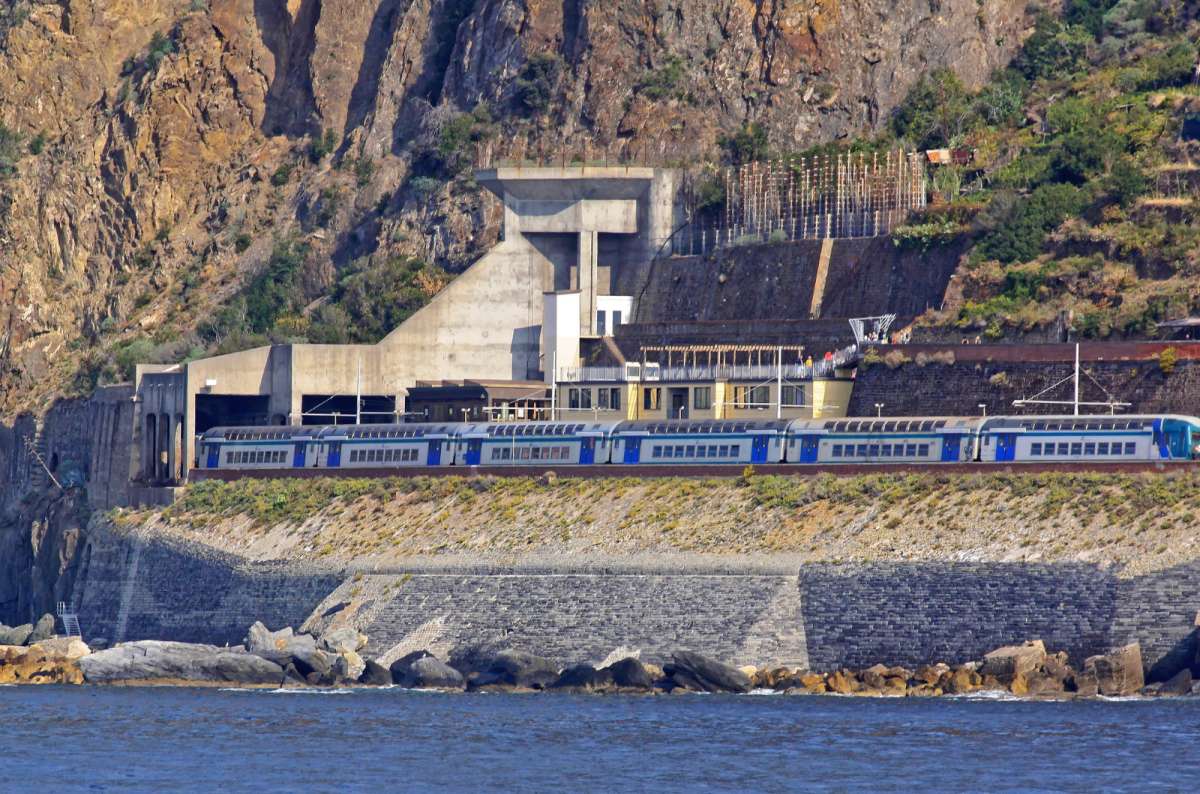
Coastal train arriving at Corniglia station
Services and hotels
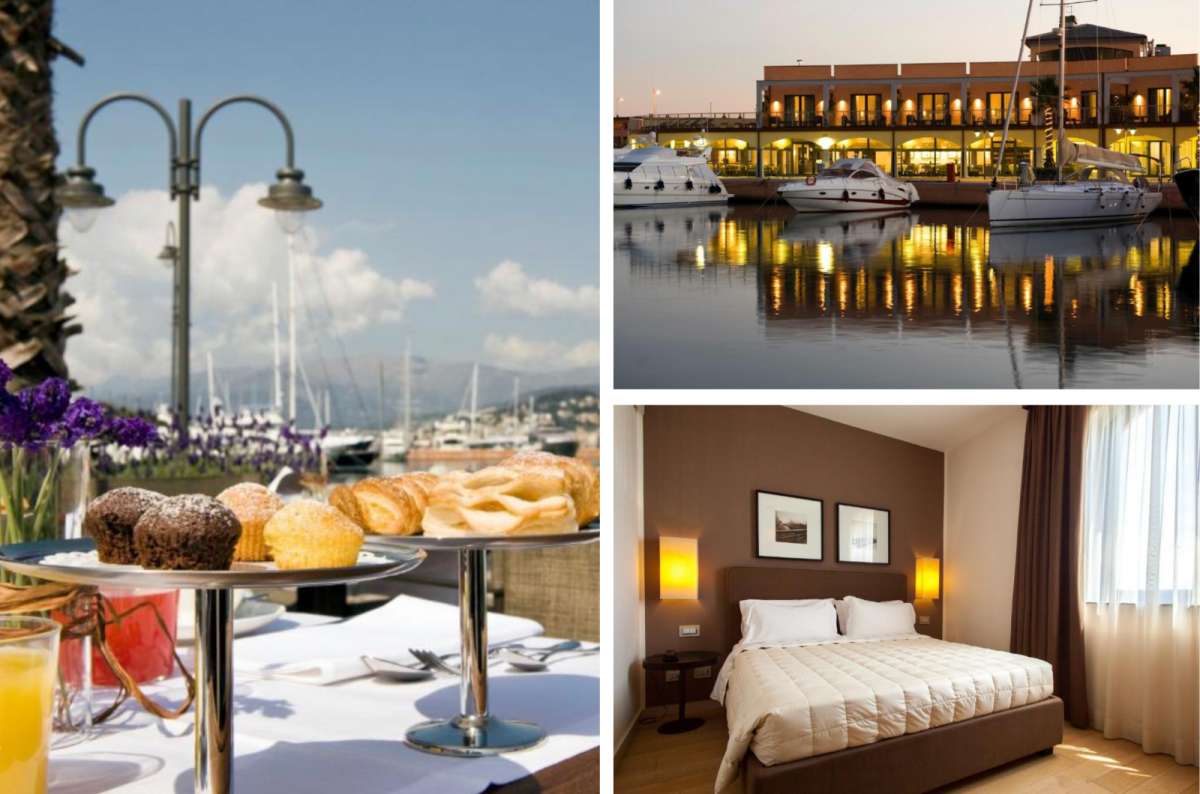
Marina Place Resort was definitely a good choice!
This is a weird category to rate in Cinque Terre, because yes—you can get top-tier service and accommodations, but only if you're ready to drop an absolutely sky-high budget.
If I’m being honest, the average level of service and accommodation here is well below the usual Italian standard. It’s either good and expensive, or just plain mediocre.
There’s also this unmistakable vibe of a tourist-saturated area where businesses don’t even have to try anymore. Add to that the fact that locals aren’t exactly the friendliest, and the overall experience can feel pretty cold.
As for hotels, I stayed multiple times at Hotel Marina Place Resort and I would choose it again. Besides the excellent breakfast, big cozy rooms, big free parking and free upgrades, it’s in a great location with very good restaurants nearby.
I don't like doing this, but for the mediocrity I have to give the service in Cinque Terre a 6/10.

Are the Cinque Terre villages really that special?
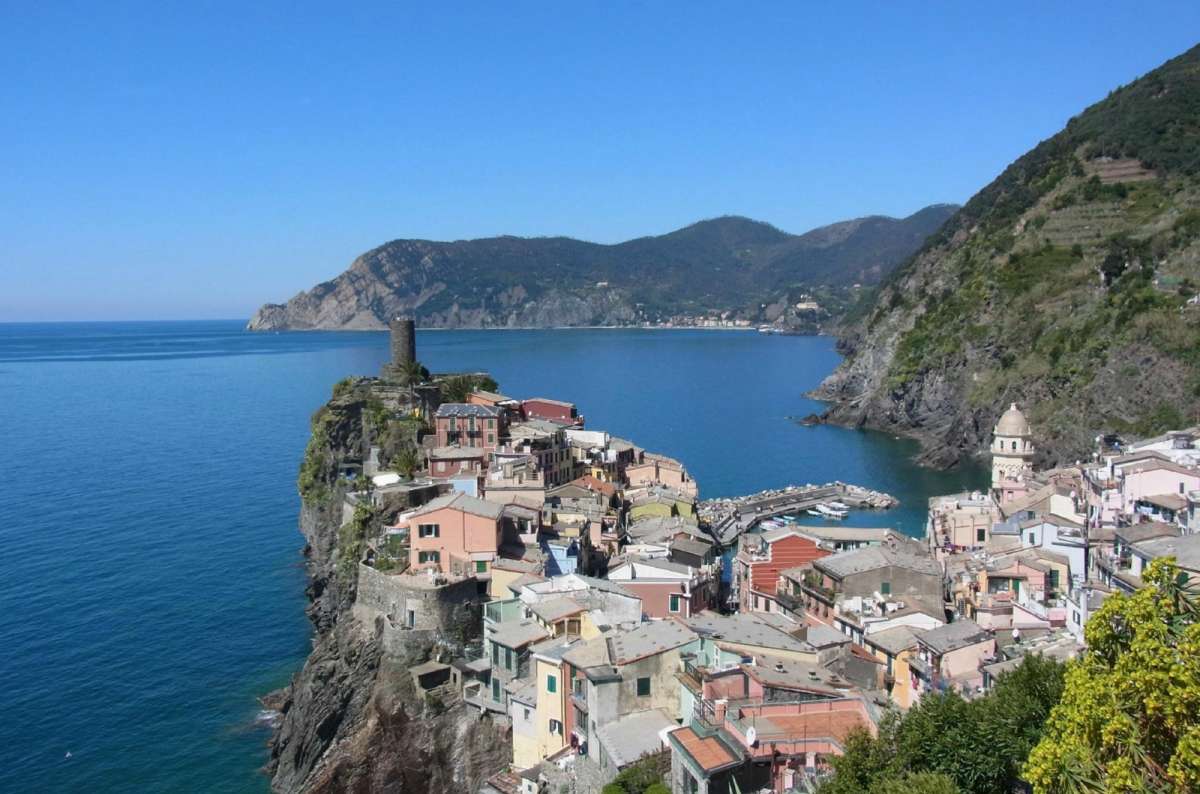
Vernazza
The short answer: yes, very.
The villages are the other main reason to visit Cinque Terre—alongside the nature and rocky beaches. For me, they were the number one reason, and I was only semi disappointed. They really are colorful, picturesque, and the poster children of Italy—and honestly, that reputation is well deserved.
Here’s a quick breakdown and review of each village, and whether they’re actually worth your time.
Monterosso: The best place to stay overnight
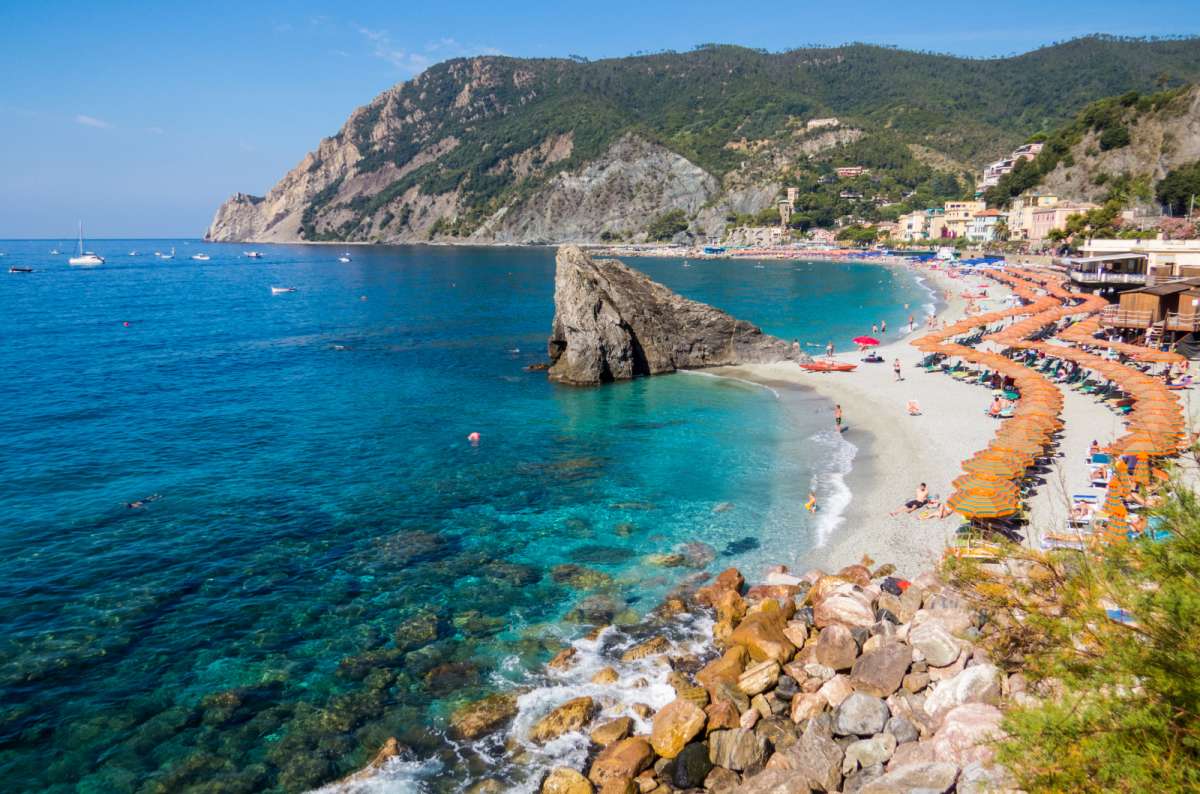
Sunny day at Monterosso al Mare beach
Monterosso, or Monterosso al Mare, as it´s officially named, is the northernmost and the largest village of the five.
And it’s also the most touristy one. Not only because of all the facilities but also because Monterosso has practically the only sandy beach in Cinque Terre.
In comparison to the others, Monterosso has a kind of resort-like vibe thanks to its modern development. So, if you are planning to stay in Cinque Terre for a couple of days, this would probably be the best option to base yourself for the solid choice of accommodation, restaurants, and cafés.
If you're not dead set on staying in a Cinque Terre village, I would highly recommend staying in one of the bigger cities nearby and taking trips from there. It’s much more convenient.
Vernazza: Best for hiking
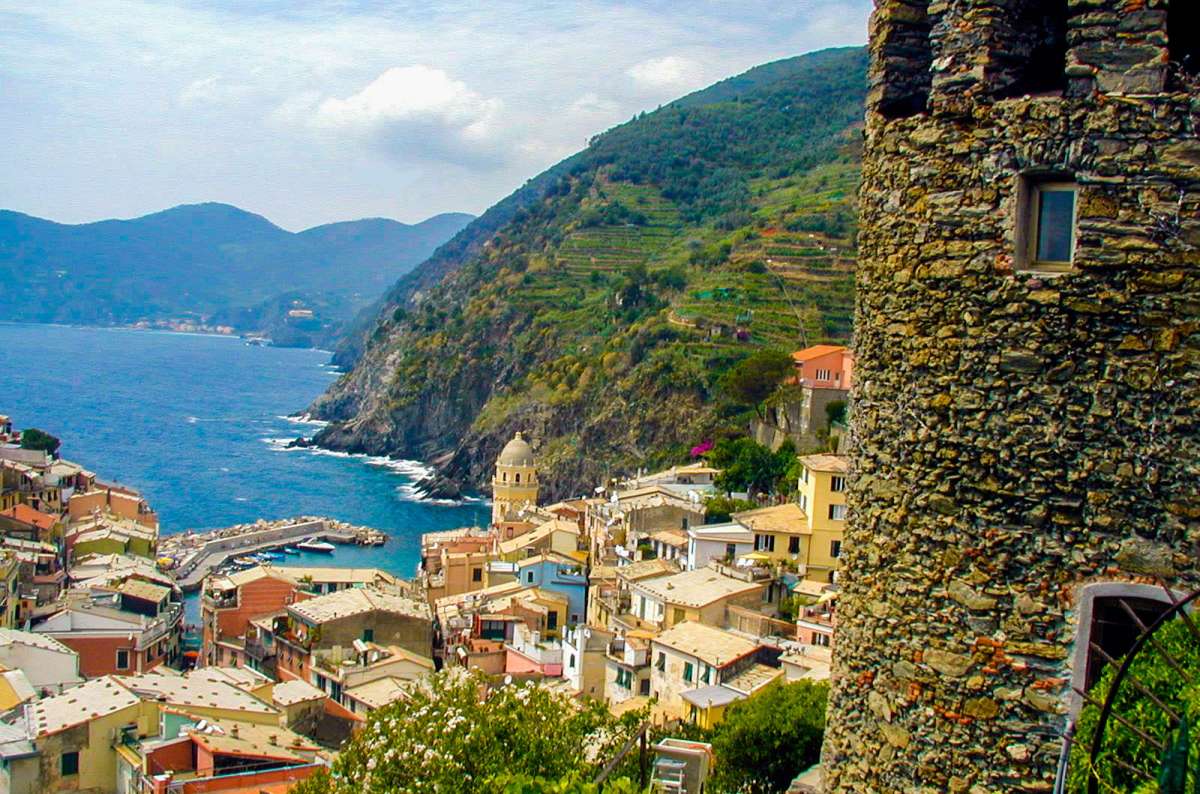
Vernazza knows how to treat you right!
Vernazza is the only village with a natural harbor. For centuries, fishing and wine production were the only sources Vernazza could rely on. Lucky for you, that means you can enjoy wonderful fresh seafood and a tasty glass of wine in there. Learn more about Italian cuisine in a separate article.
Gourmet needs aside, another thing to do in Vernazza is to take a tour of Doria Castle. It dates back to the 11th century and to be honest, it’s mostly a ruin, but the admission is only EUR 1.50 (GBP 1.30 / USD 1.70 ) per person and you can enjoy the most beautiful views of the village from the castle tower.
Corniglia: The one perched high up
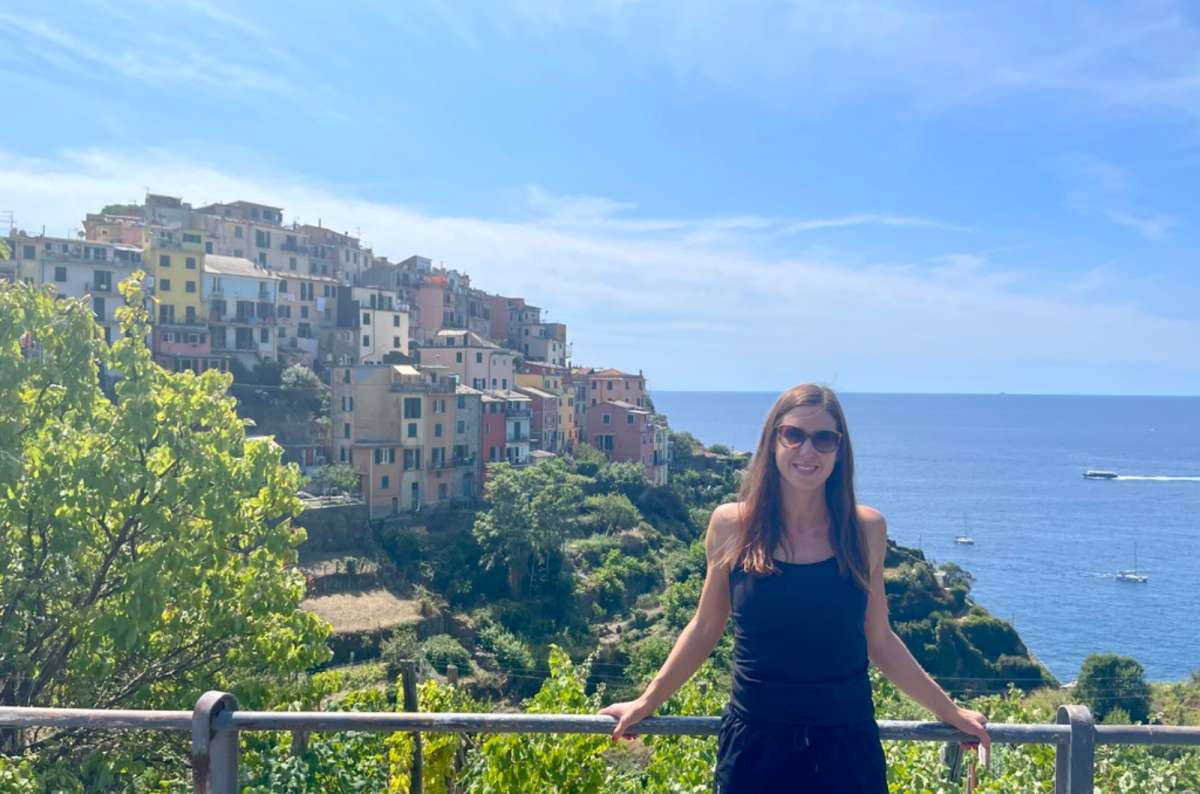
Corniglia
Corniglia is the cliff rock village. Unlike her sisters, tucked tight under the hills, this one sits on the top of it. And that means one important thing—you are going to sweat out all the pasta calories to get there!
There are 365 steep steps from the train station to Corniglia’s piazza (meaning square, but in this case a teeny tiny courtyard with ancient church). Enjoy!
Manarola: Best for swimming
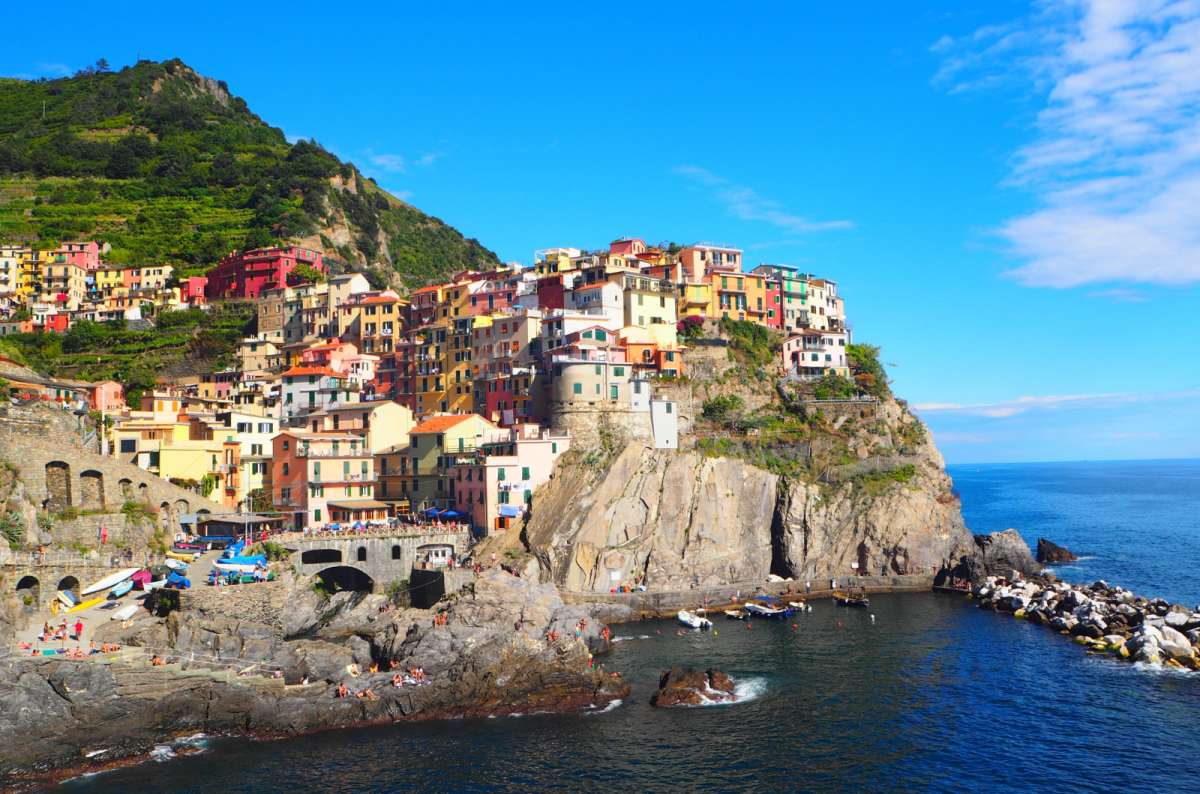
Village of Manarola, Cinque Terre
Manarola is the second smallest village in Cinque Terre, but maybe that’s an advantage. Its main street is packed with boats, restaurants, and good cafés.
You might miss a proper beach; however, the trick is not to look for one. Just head out to the pier, use the rocks around it and dive right into the water. You can have fun exploring all the caves along the coast and the life underwater. Access is a bit tricky, but it’s worth it.
...Unless you’re there with kids. Then Manarola's probably not the best swimming area, as there is complicated access and deep waters right from the start.
Don’t forget to climb up to the hundreds-of-years-old vineyards on the hill. It’s a great spot to take some epic pics.
Do you know where else you can find a lot of perfect places for Instagram photos? In Genoa!
Riomaggiore: The most picturesque Cinque Terre village
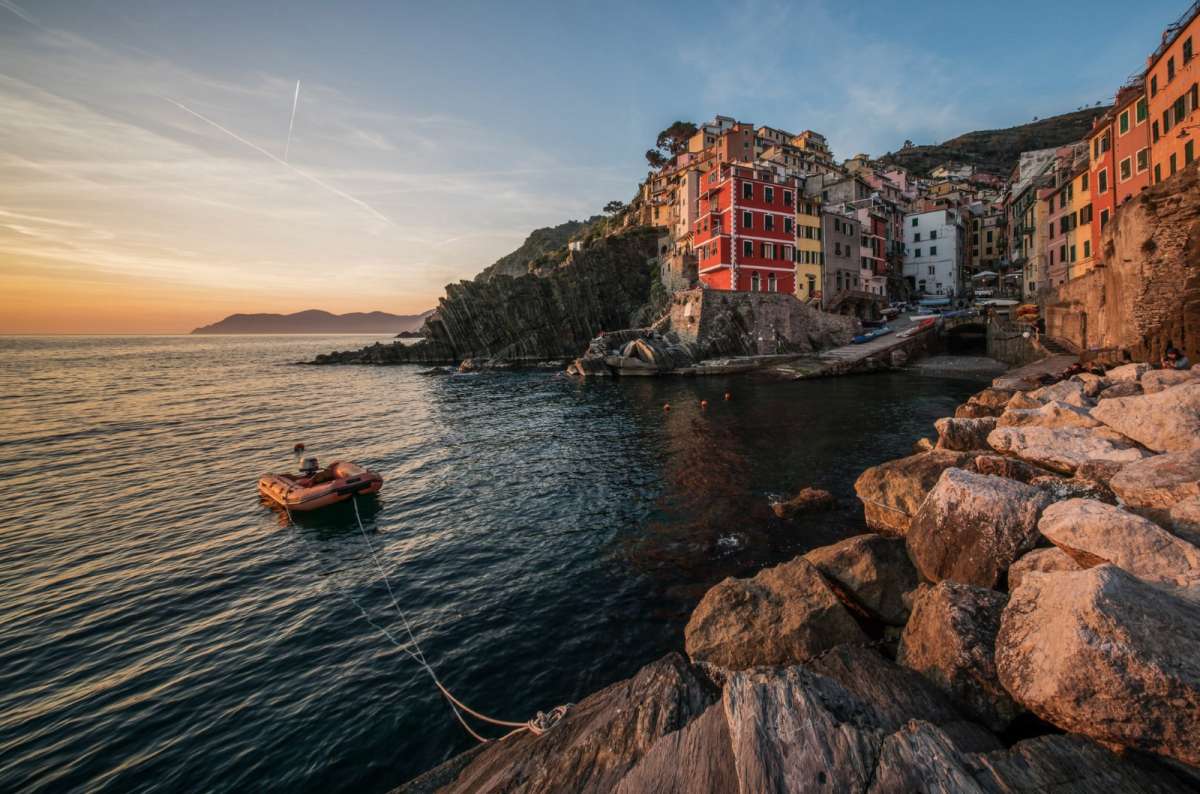
Riomaggiore
By the time we made it to Riomaggiore, I was already a bit irritated—thanks to the crowded trains and the never-ending tourist crowds. Honestly, it felt like more of the same: colorful houses, narrow alleys, a few old churches, and boats bobbing around. Maybe if this was the first place I saw I might’ve felt differently.
The only slightly interesting spot is the castle. Castello di Riomaggiore is mostly a ruin, but its history goes way back. The first written mention is from the 500s—and it was already being called “ancient” back then. Just imagine that. In the 8th century, part of it was even torn down to build a cemetery.
The history across Cinque Terre and its villages is definitely a highlight of visiting this region—and of Italy in general. That part easily gets a 9/10 from me.
Is Cinque Terre worth visiting?
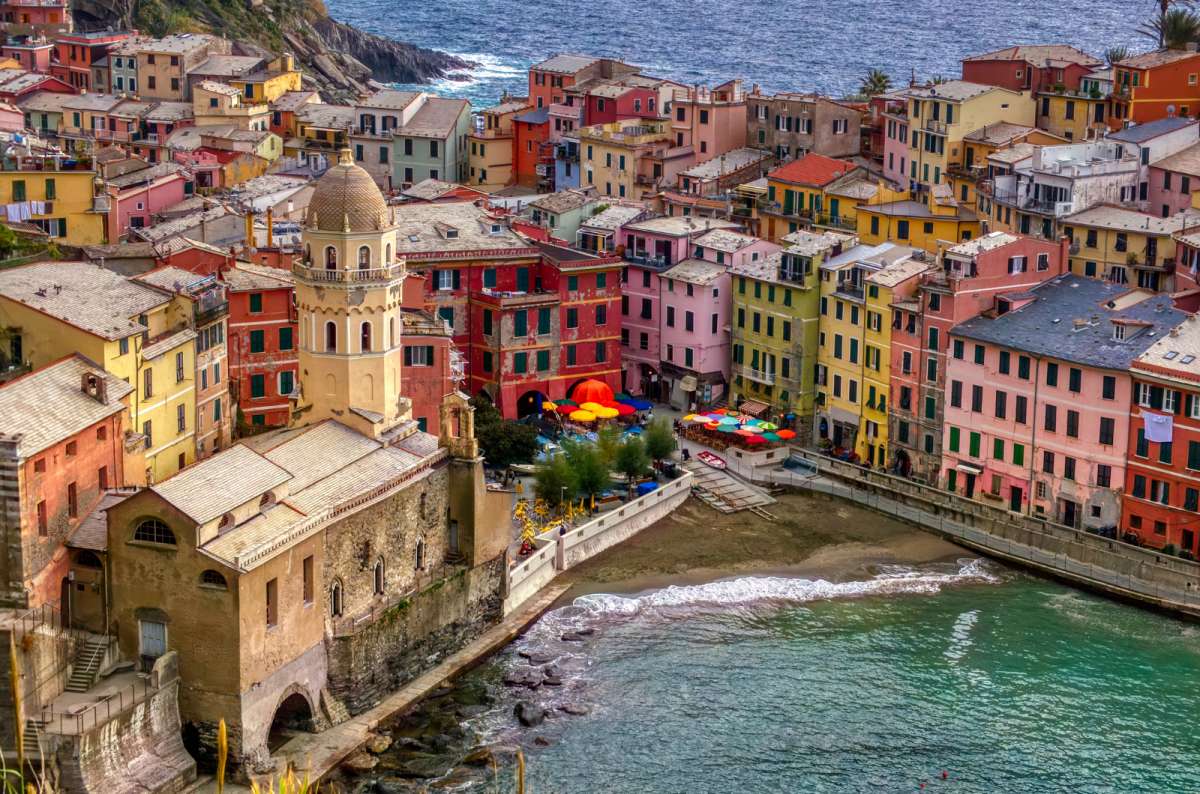
A picturesque Vernazza known for its vibrant buildings, historic charm, and stunning views of the Ligurian Sea
Yes, for sure. It’s a beautiful location with unique architecture and great food.
On the other hand, you need to consider over-tourism during the summer season and the fact that there’s nothing much to do but stare. Of course, for non-Europeans, the architecture and the setting might be enough to visit. Taking a stroll through the village, enjoying the views (perhaps from a boat) and hiking is the most you can experience though.
Just remember that there are no big tourist attractions or museums and such. It is expensive for you get, but the nature and villages are well worth visiting, even though you need to brace yourself for the insane number of tourists.
How many days do you need in Cinque Terre?
We made it in one day and honestly, it was enough for me. Cinque Terre is a very popular tourist destination, but to be honest, I think it’s just overrated garbage. The villages are pretty and everything, but all the same. For me, it was an underwhelming experience, as there’s not much to do or see apart from strolling the streets and fighting the crowds. Man, I really hate the crowds.
Find an awesome hotel Sometimes, all you need to do is take the first step... I've filtered out the best hotels in Vernazza for you
Save it for yourself to come back to later, or share with your friends on social media!
I've already planned your ititnerary for the trip, complete with my travel tips.
This post contains affiliate links. If you make a booking through one of my links, I may earn a small commission—at no additional cost to you. Thank you for your support!




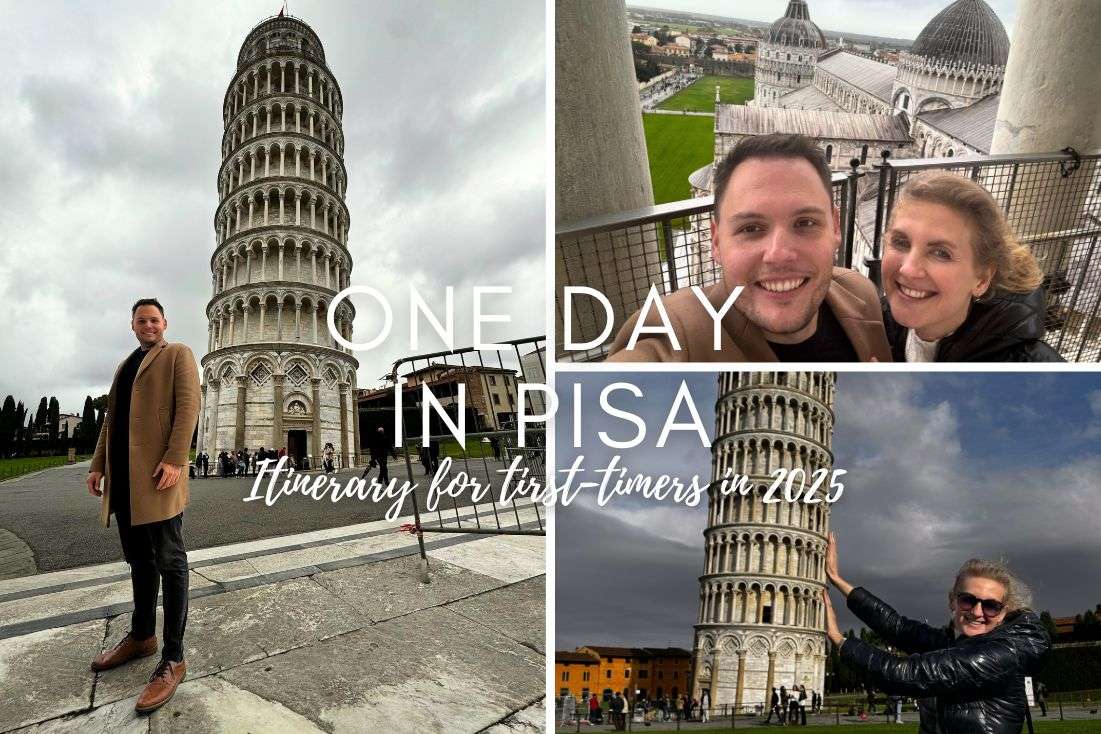
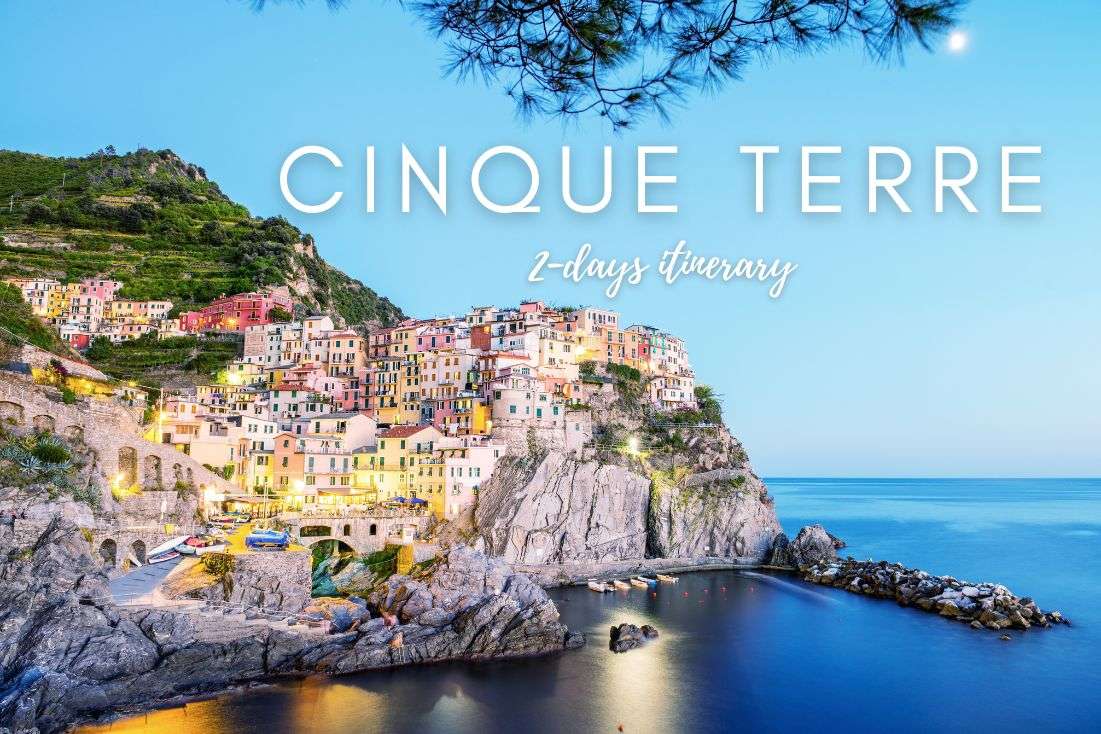




Comments | Thoughts? Give us a shout!